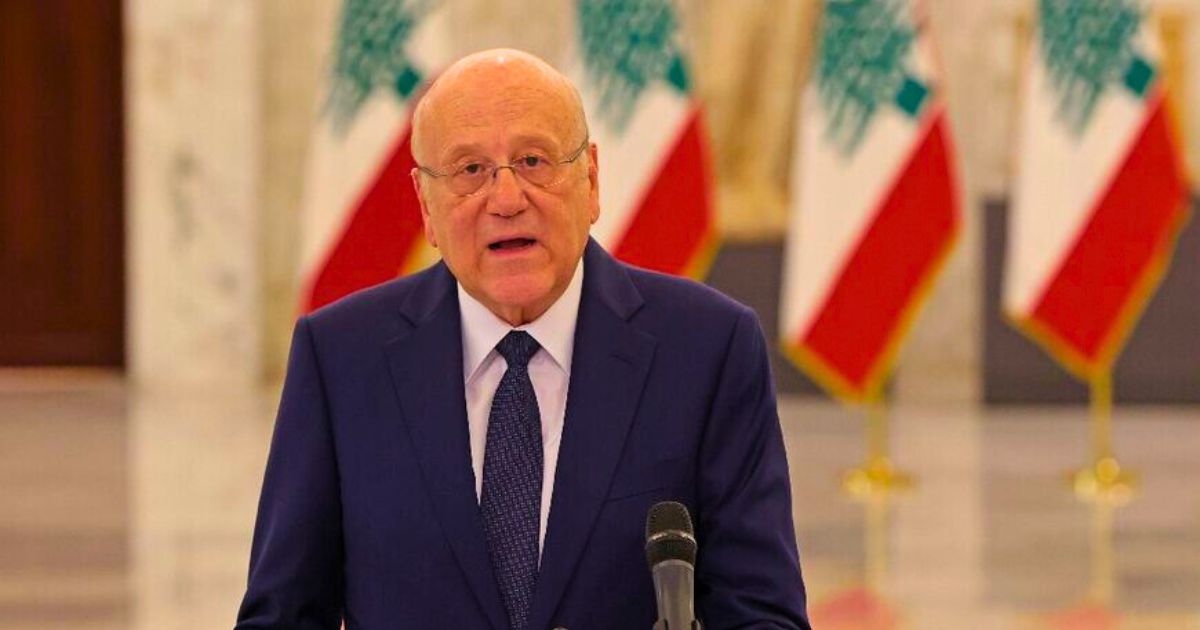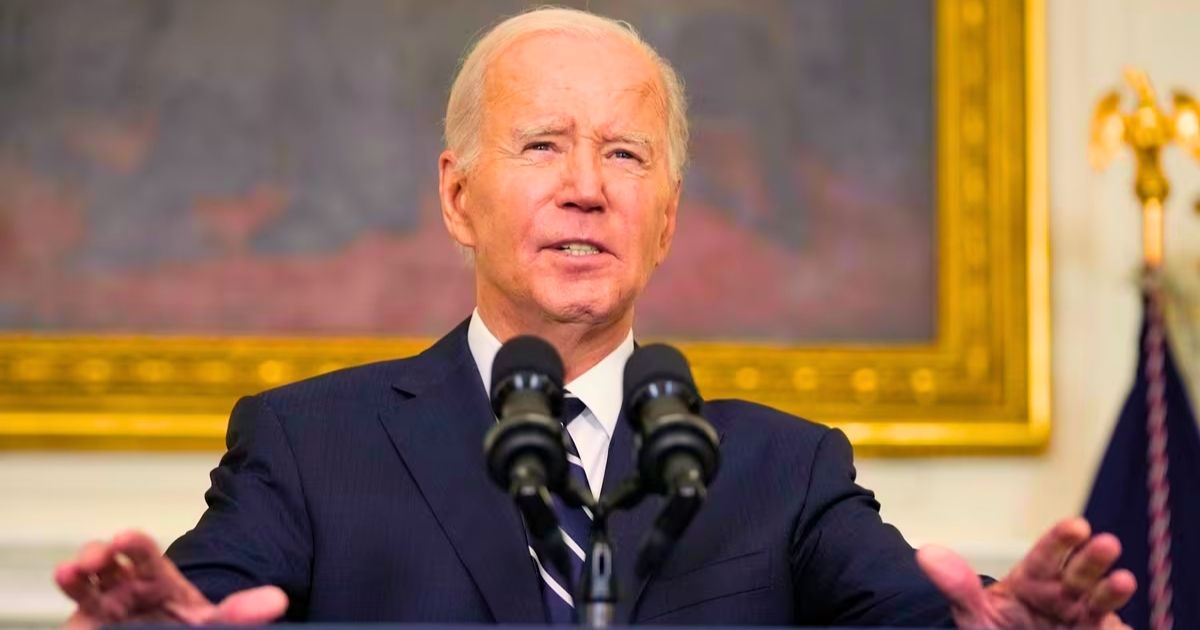The Palestinian Authority has stepped down from its current chairmanship of Arab League meetings, taking a stand against any Arab agreement to establish formal ties with Israel, the Palestinian foreign minister said on Tuesday.
Palestinian foreign minister Riyad al-Maliki announced the decision to resign from the rotating presidency of the Council of the Arab League, after reaching no agreement to draft a resolution, criticizing the peace-making pact between the UAE and Bahrain with Israel.
“The state of Palestine refuses to record in its history the association of its presidency with the regression in values and principles that was evident in the last meeting of the council of foreign ministers,” Maliki said in the West Bank town of Ramallah.
For the next six months, Palestine was meant to chair Arab League meetings.
“Palestine has decided to back out of its right to chair the League’s council at its current session. There is no honor in seeing Arabs rush towards normalization during its presidency,” Maliki said.
Bahrain and the United Arab Emirates signed deals in Washington on September 15 that normalize ties with Israel, a move Palestinians see as a betrayal of their cause and a blow to their quest for an independent state in Israeli-occupied territory.
After his initial remarks, Maliki read from a letter he said he had sent to the Arab League secretary-general, Ahmed Aboul Gheit.
In the letter, Maliki informs Aboul Gheit of Palestine’s decision and criticizes the UAE and Bahrain, Gulf Arab countries that share with Israel concern over Iran.
The UAE’s deal with Israel had “created a deep crisis in the Arab League” and the move was followed “by a similar collapse by the Kingdom of Bahrain,” Maliki said, quoting from the letter.
Arab countries have long been demanding for Israel’s withdrawal from illegally occupied land, a fair solution for Palestinian refugees that leads to the establishment of an official and independent Palestinian state, in exchange for establishing ties with it.
However, differences over power-sharing have postponed the implementation of agreed unity deals, ever since Hamas seized the Gaza Strip in 2007 from Fatah forces.
As it seems, Arab countries are now choosing to turn a blind eye towards the Palestinian cause in exchange for peace with their Israeli neighbor.

















